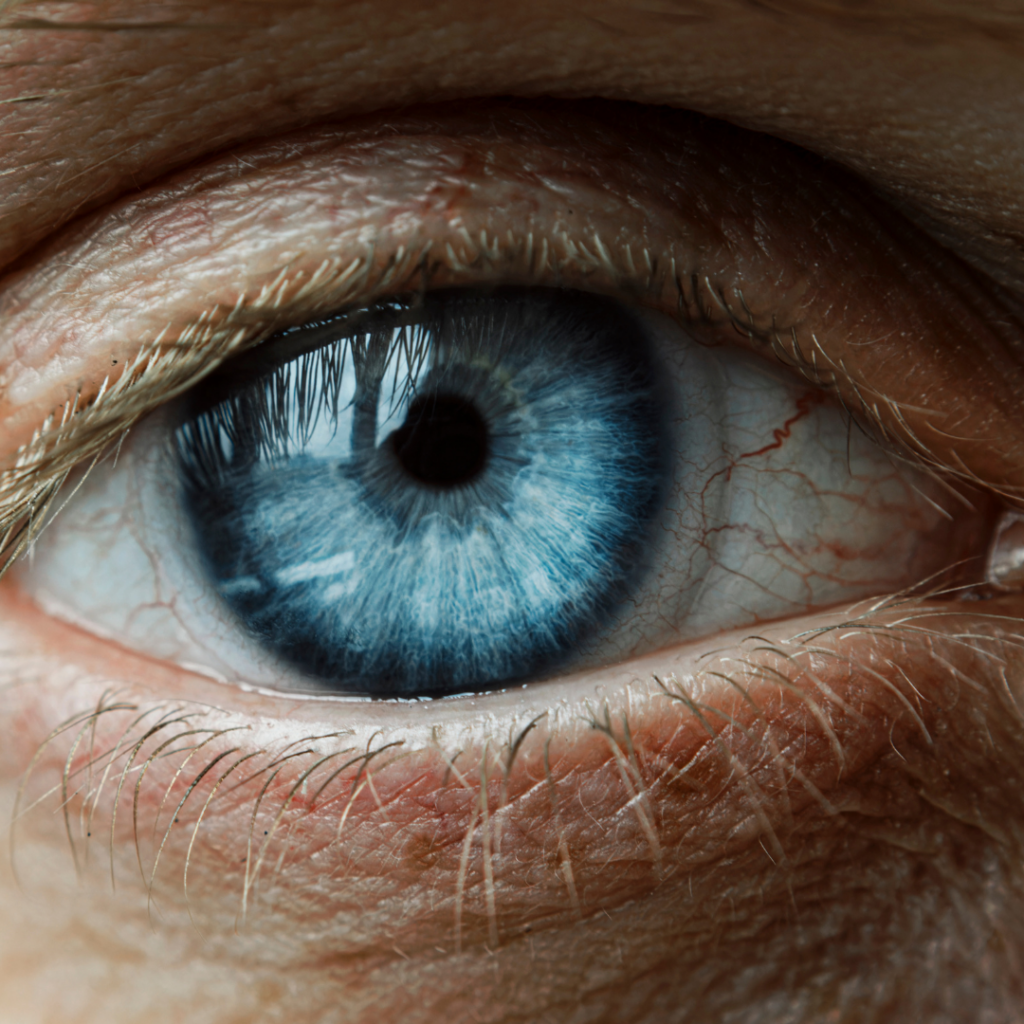A bare trust is a straightforward trust arrangement where assets are held by trustees for another party, known as beneficiaries. Often used to manage assets for minors, bare trusts offer simplicity and tax benefits. Unlike discretionary trusts, they are easier to administer.
Why Choose a Bare Trust?
Bare trusts are ideal for minor beneficiaries because assets can be held until they reach 18, offering protection and tax efficiency. They are popular among grandparents wanting to provide for grandchildren, allowing funds to be used for education or saved until the child matures.
Advantages of Bare Trusts
Bare trusts are not just for the wealthy; they provide a tax-efficient way for families to save for their children. They’re perfect for assets expected to grow in value, such as shares or property, allowing for substantial tax savings when using the small gift exemption.
Tax Implications
- Capital Acquisitions Tax (CAT): Charged on gifts exceeding the parent-child threshold of €400,000. Small gifts under €3,000 annually do not impact this threshold.
- Capital Gains Tax (CGT): Arises if transferred assets have increased in value. Cash or loss assets are exempt.
- Income Tax: Assessed on the asset giver, not the minor, for assets transferred during the lifetime.
AVOIDING GIFT AND INHERITANCE TAX
Anyone who receives a gift or inheritance has a potential tax liability. The tax in question is known as Capital Acquisitions Tax (CAT). Whether CAT is payable depends on the value of the gift and the relationship between the people making and receiving it. Gifts and inheritances can be received tax free up to a certain amount. The tax-free amount varies depending on the relationship between the person making and receiving the gift. Generally, every gift or inheritance received during a lifetime eats into this threshold. However, the small gift exemption allows a person to receive a gift of €3,000 per year from any number of people without it affecting their group threshold.
Significant tax savings can be made when bare trusts are used with the small gift exemption. This is when bare trusts really come into their own. By way of example, each year a couple can give each child an amount equivalent to the small gift exemption (€3,000, equating to €6,000 in total per couple to each child). If they were to do this over the course of eighteen years the child could receive €108,000 tax free. Furthermore, the tax-free threshold is not utilised and therefore it is preserved for future gifts or inheritances.
Considerations
Once assets are in a bare trust, they belong to the beneficiary and cannot be reclaimed.
At 18, beneficiaries can claim their trust assets, which can be a disadvantage if they’re not ready to manage them.
Benefits of Bare Trusts
- Excellent for funding a child’s education.
- Allows significant tax-free transfers using the annual small gift exemption.
- Facilitates tax-efficient transfer of growth-potential assets to a child.
For more guidance on bare trusts, contact Claire Tuohy at HOMS Assist. We offer expert advice with a focus on your needs and concerns. Contact us at 1800 207 207 or info@homsassist.ie.









